Fish Ceramic Tray
The Fish Ceramic Tray is a stunning representation of craftsmanship and artistry that reflects both functional purpose and cultural significance. Originating from regions renowned for their pottery traditions, particularly in Mediterranean and coastal communities, this type of ceramic tray encapsulates the beauty of the maritime world while serving as an essential serving piece for meals and gatherings. With its intricate designs, vibrant colors, and cultural symbolism, the Fish Ceramic Tray is much more than an everyday item; it is a celebration of heritage, craftsmanship, and culinary tradition.
### **Historical Context**
The crafting of ceramic trays with fish motifs can be traced back to ancient cultures that celebrated the ocean as a vital resource for sustenance and livelihood. Coastal communities, in particular, have long revered fish not only as a staple food source but also as a cultural symbol, often reflecting their relationship with the sea. As societies evolved, so did their ceramic practices, with artisans drawing inspiration from their surroundings and incorporating local fauna into their designs.
In many Mediterranean cultures, fish motifs appear in pottery as a representation of abundance, sustenance, and spirituality. This connection between the sea and the community is palpable in the Fish Ceramic Tray, as it often serves as a centerpiece during communal meals, especially those featuring seafood. This tradition of sharing meals from beautifully designed trays connects individuals and families, fostering a deeper sense of community and appreciation for culinary heritage.
### **Artisan Techniques**
Artisans utilize various techniques to create Fish Ceramic Trays, often beginning with locally sourced clay that has been refined over generations. The clay is shaped into the desired form, typically featuring a shallow base with raised edges to prevent spills, often sculpted to mimic the undulating lines of waves or the curves of fish.
Decorative methods bring each Fish Ceramic Tray to life. Artisans commonly employ techniques such as hand-painting, glazing, and relief carving, resulting in vibrant, eye-catching designs. Fish motifs can range from realistic representations to stylized interpretations, each reflecting the artisan’s individual style and the cultural context of the piece. Traditional colors—blues, greens, and earthy tones—often echo the sea and its surroundings, enhancing the dish’s thematic connection to its aquatic inspiration.
Furthermore, some artisans incorporate unique glazing techniques that emphasize color vibrancy and provide a glossy finish, making the tray suitable for both serving and display. The meticulous attention to detail ensures that each Fish Ceramic Tray is a work of art, worthy of being showcased during gatherings or displayed in homes.
### **Symbolism and Meaning**
The Fish Ceramic Tray holds deep symbolic meanings that go beyond its aesthetic appeal. In many cultures, fish represent prosperity, abundance, and good fortune. This is especially significant in coastal communities where the fishing industry plays a central role in sustaining livelihoods. Using a Fish Ceramic Tray during meals is often seen as a way to honor that tradition and express gratitude for the sea’s bounty.
Moreover, fish hold religious significance in various cultures. In Christianity, fish are often seen as symbols of faith, prosperity, and community. The presence of a Fish Ceramic Tray on a dining table during important gatherings can be a nod to shared beliefs and values that strengthen communal bonds. The use of this tray serves to enhance the dining experience, transforming a meal into a celebration of abundance and togetherness.
### **Cultural Impact**
The Fish Ceramic Tray has transcended its utilitarian roots to become an emblem of cultural heritage. Artisans from various regions create these trays not just for functional use but also as a means of showcasing their cultural identity. The vibrant designs and intricate craftsmanship encapsulate local traditions, making these trays prized items both locally and internationally.
With the rise of artisanal movements and the growing appreciation for handmade goods, the Fish Ceramic Tray has found its way into homes around the world. Its beauty and cultural storytelling appeal to people seeking items that carry a shared history and human connection.
Artisans often participate in craft fairs and exhibitions, becoming ambassadors of their culture and craftsmanship. By promoting their work on global platforms, they help enhance awareness of their communities and the significance of traditional pottery practices. Each tray purchased not only supports local artisans but also fosters cultural exchange and understanding.
### **Modern Adaptations**
While traditional designs remain highly valued, contemporary artisans are also innovating within the medium. Modern interpretations of the Fish Ceramic Tray might incorporate minimalistic designs, unconventional color palettes, or even mixed materials. These adaptations allow the trays to fit seamlessly into varied aesthetic preferences and contemporary interior designs.
Workshops dedicated to ceramics often encourage younger craftspeople to explore and reinterpret traditional motifs, ensuring the survival of the craft while allowing for new expressions of creativity. This blend of tradition and modernity keeps the Fish Ceramic Tray relevant in today’s market and appeals to younger consumers looking for unique, artisanal items.
### **Conclusion**
The Fish Ceramic Tray is more than just a serving dish; it is a vibrant expression of culture, history, and artistry. Rooted in traditions that celebrate the connection between communities and the maritime world, this tray serves as a functional centerpiece for meals while also telling stories of heritage and shared experiences.
As it graces dining tables around the world, the Fish Ceramic Tray captures the rich symbolism of abundance and goodwill, inviting diners to celebrate togetherness and community. Whether used for serving seafood at a family gathering or displayed as a work of art, it fosters appreciation for craftsmanship and cultural identity, reminding us of the enduring beauty of handmade items in our increasingly commercialized world. Through each tray, the artistry and narratives of its makers continue to influence and enrich our culinary traditions and communal bonds.
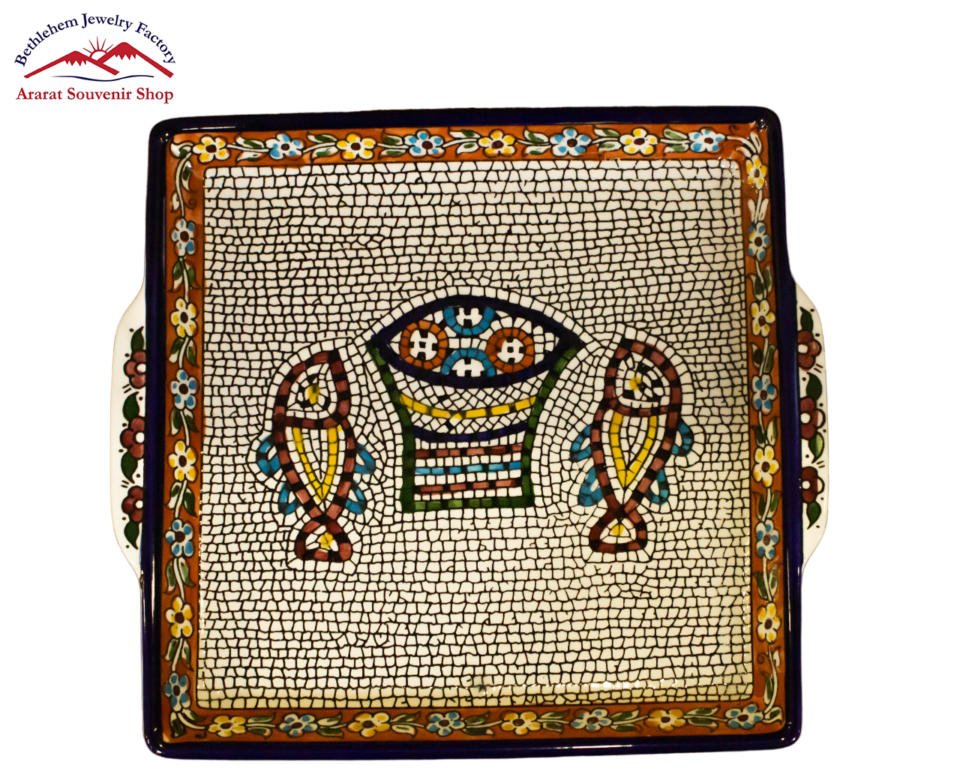
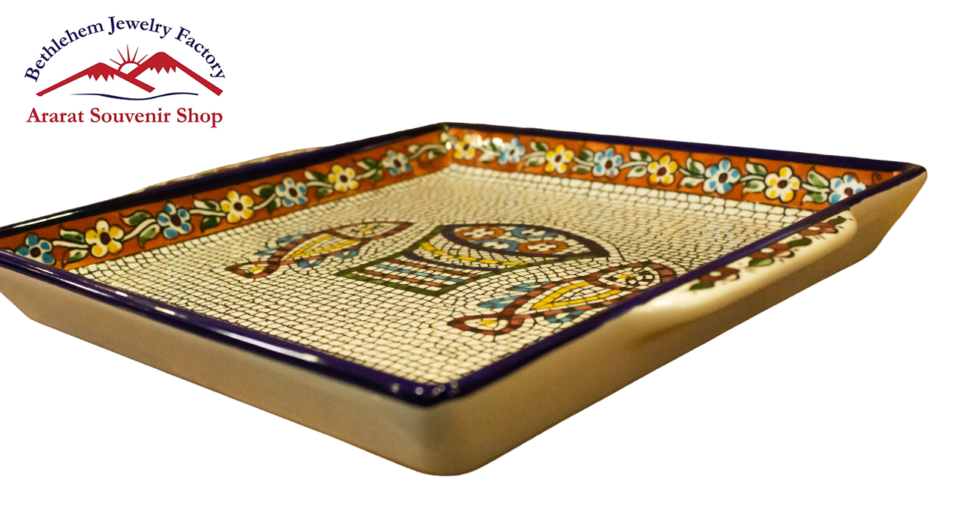

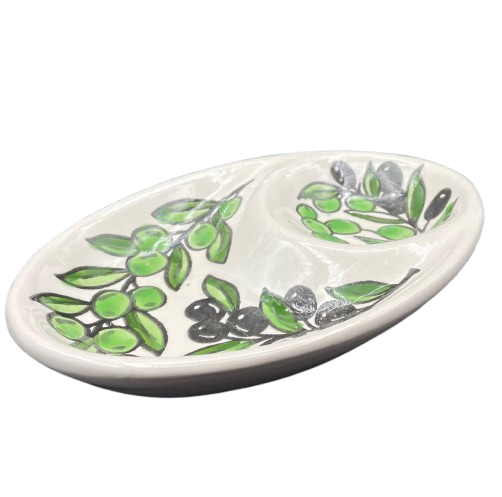

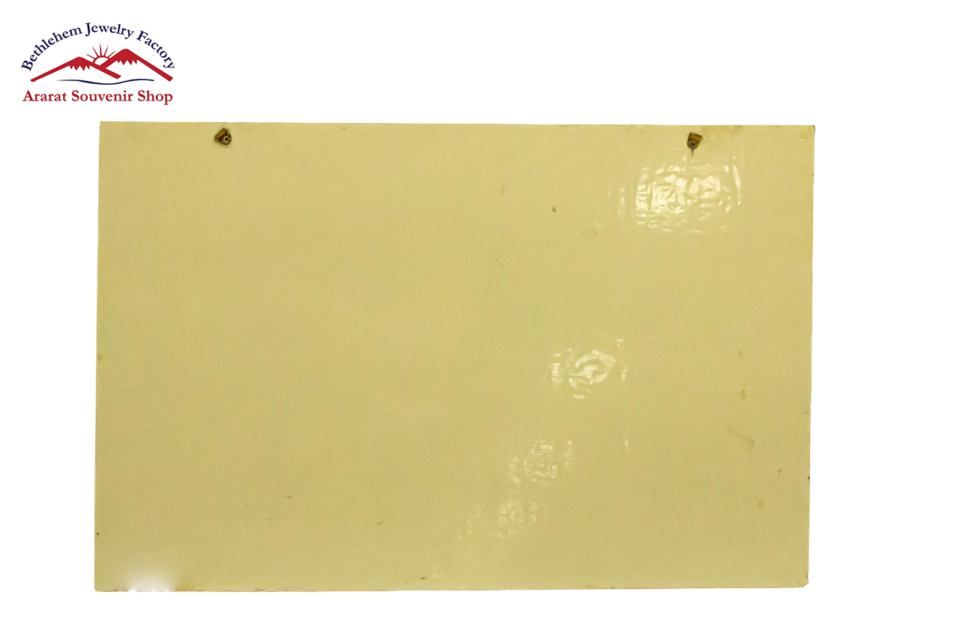
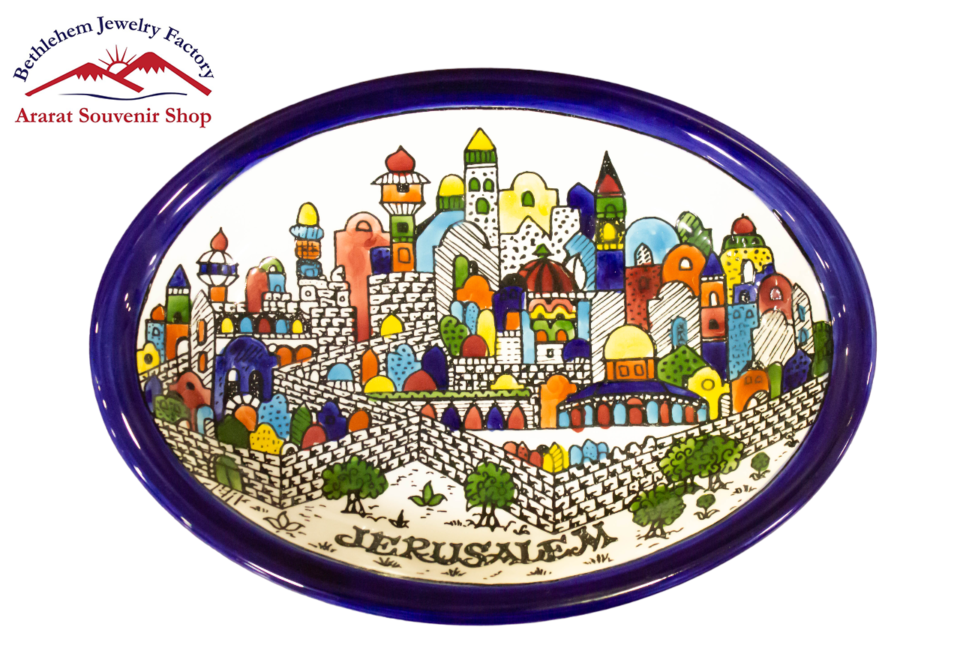
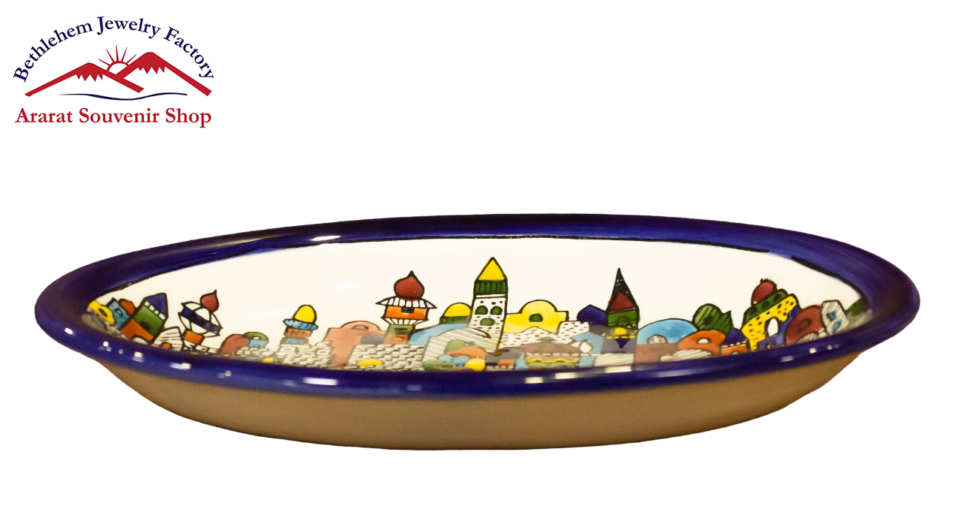
Reviews
There are no reviews yet.